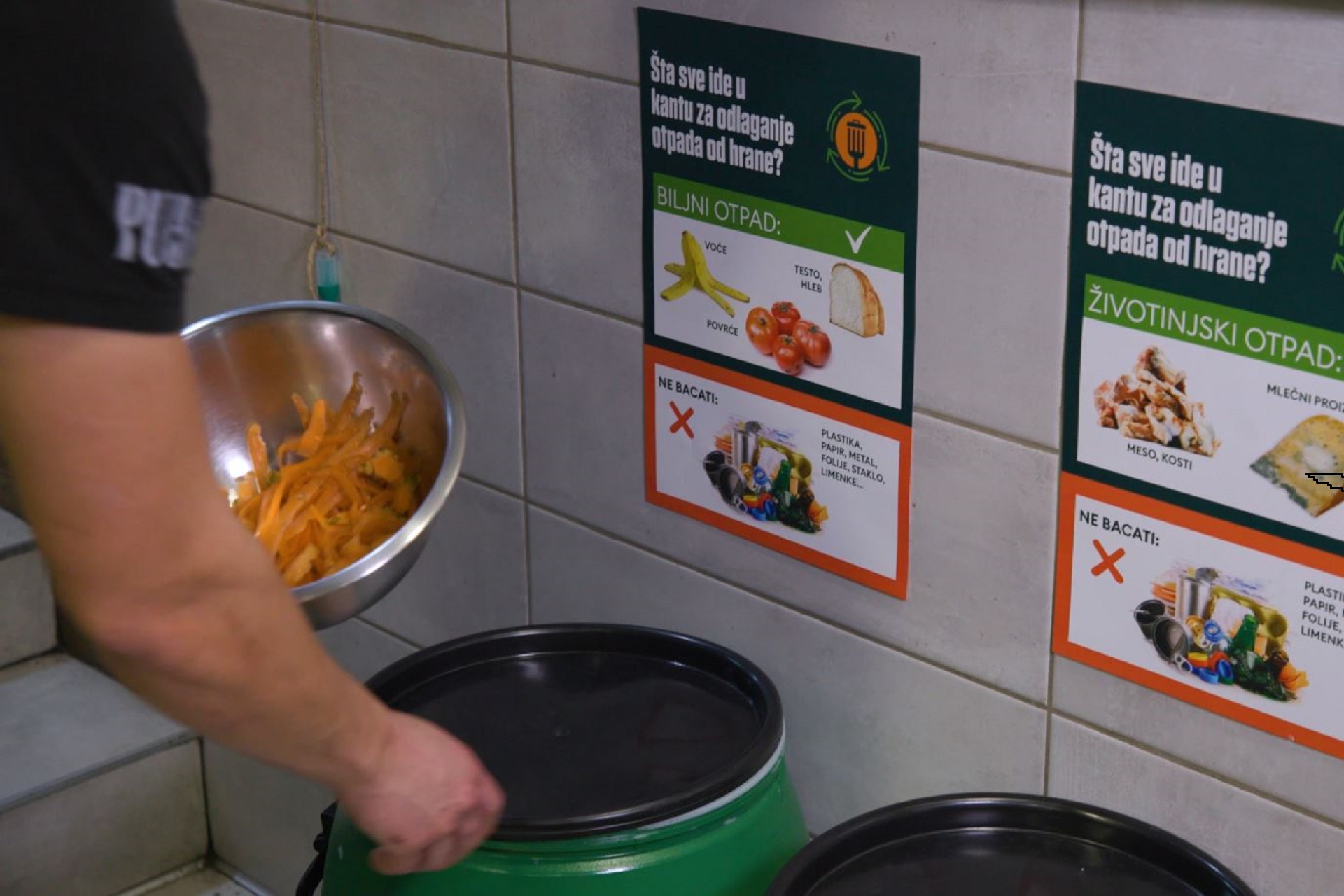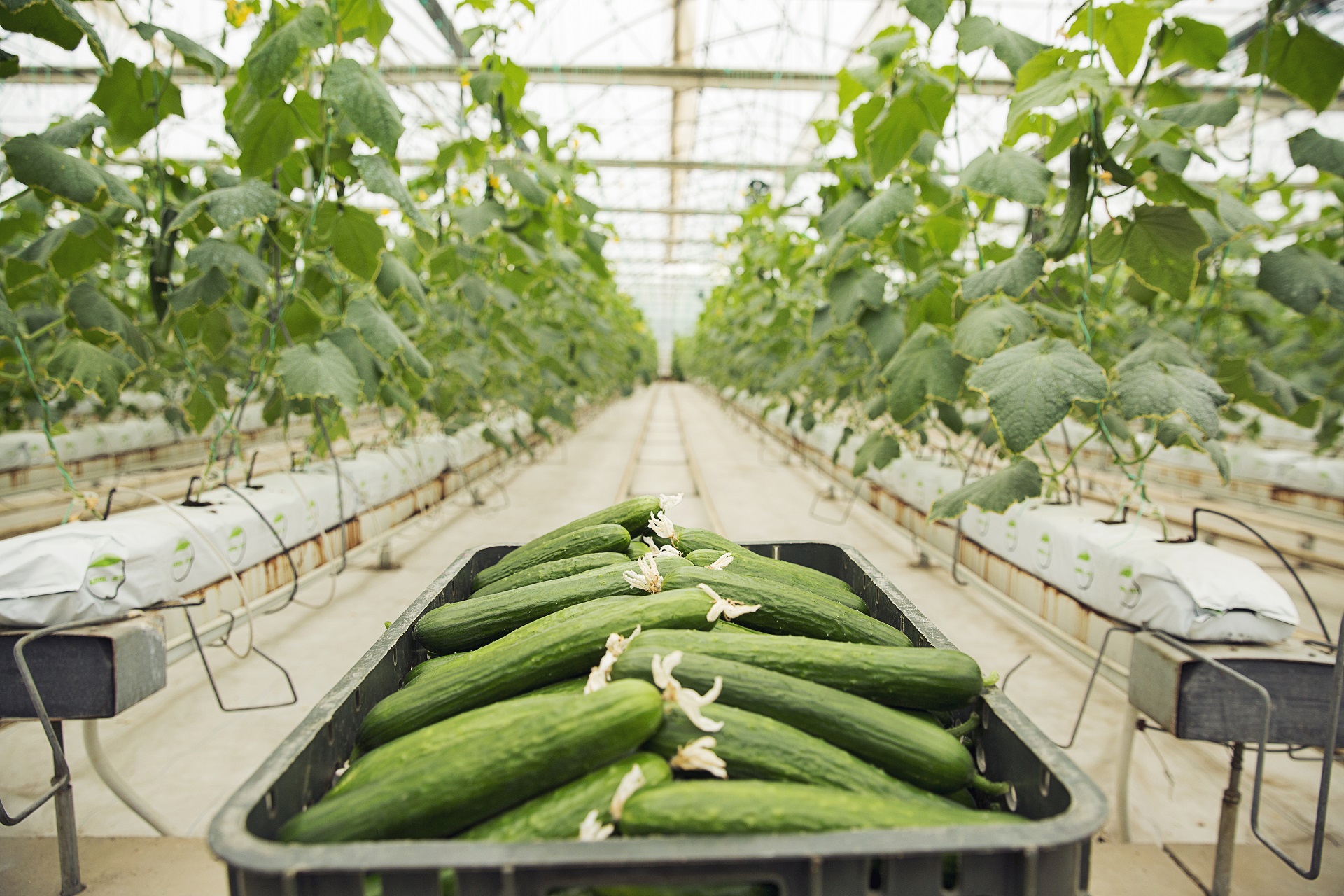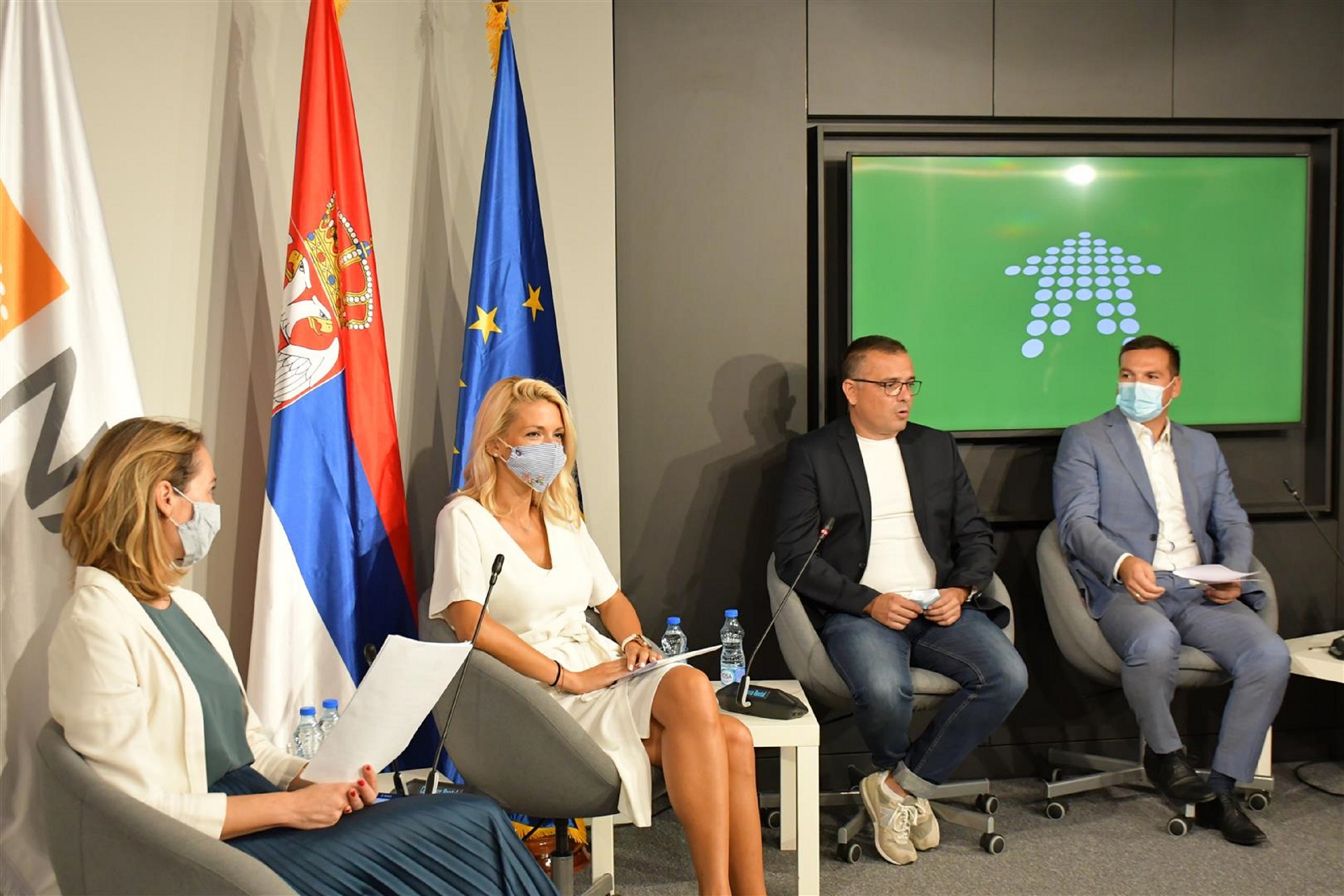More than 38 million euros in incentives have been approved for investors in the food sector
Since 2006, the Ministry of Economy has approved incentives of over 38 million euros for 32 investors in the food sector. This stimulus enabled most of them to increase the number of employees, and for some of them, these investments brought up to 25% growth of revenues in the last year compared to the year in which they applied for support.
Companies that used this state aid in the previous years have employed an average of 84 new workers, according to an analysis performed by NALED and the Ministry of Economy within the project "P2P - Prepare to participate", conducted by the European Policy Centre (CEP), NALED, the European Western Balkans (EWP) portal, and the Center for Contemporary Politics (CSP), funded by the European Union.
Incentives have contributed to an increase in the number of jobs from 25 to 312 per investor, that is, the user of funds. The value of the planned investments ranges from 305,000 to 45 million euros, with approved support ranging from 116,000 to 12 million euros. This gave us a good basis to meet one of the most important goals, which is to modernize production and increase the competitiveness of the domestic agro-industry - says Branislav Pejčić, Head of the Investment Department at the Ministry of Economy, adding that the mechanisms for achieving this goal are similar to those used by EU members through the European Agricultural Fund for Rural Development.
The impact analysis of incentives in the food industry was presented today at the online session of the Food and Agriculture Alliance, showing that as many as 90% of companies believe that without financial support from the state, they would not successfully complete the investment cycle. Referring to the importance of the food industry, Tisa Čaušević, Head of the Agriculture and Health Unit at NALED, highlighted that the value of investment projects by companies in the sector averaged 6.75 million euros, with an average incentive amount of around 1.19 million euros.
The food industry is one of the most important economic branches, as it generates from 3.7% to 4.3% of GDP, and participates in the country's total exports with 12%. However, there is room for further improving competitiveness in this area. Therefore, a series of recommendations were made in the analysis to improve the incentive allocation system. One of the most significant, for example, is that the main criteria for granting incentives should no longer be the number of planned new jobs, but the potential for modernization and automation of production. Further on, it is important to harmonize with EU standards, support local economic development, and care for the environment which companies show by using green technologies - says Čaušević.
According to her, it would be useful to increase the allowed number of incentives under certain conditions, primarily for investments with a favorable impact on the environment or for projects in the field of organic agriculture. Due to the specificity of the agricultural and food sectors, it is also recommended to look at the supply chain and include projects investing in the development of primary agricultural production, so as to support the entire round of food production and processing. From the perspective of increasing competitiveness, it would also be helpful if investments in facilities would be accompanied with investments in certification, promotion or innovation that bring greater safety and quality of products.



